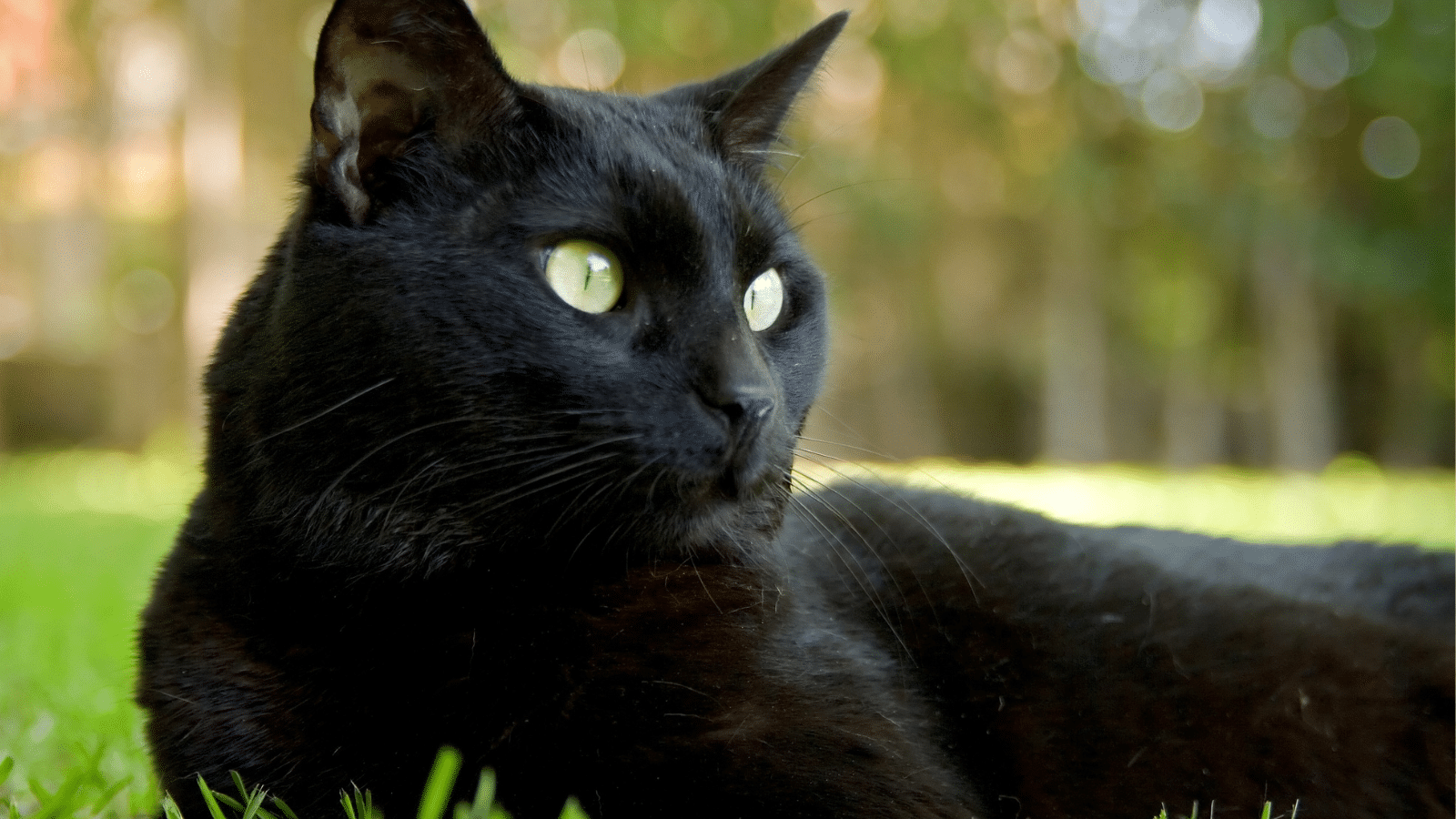When it comes to feline urinary issues, the signs can be hard to ignore. 49th Street Veterinary Clinic has seen cat patients struggling with painful urinary conditions like UTIs and FLUTD. These problems can range from mild irritation to life-threatening emergencies. Knowing the signs of a urinary infection in cats and when to seek veterinary care can make the difference in maintaining your feline pet’s health.
What Is Feline Lower Urinary Tract Disease?
Feline Lower Urinary Tract Disease (FLUTD) is a cover-all term that encompasses conditions affecting a cat’s bladder and urethra. It’s not a single disease but a group of disorders that lead to similar symptoms, such as:
- Frequent urination
- Straining or crying out in the litter box
- Blood in the urine
- Licking the genital area excessively
- Urinating outside the litter box
Sometimes, a veterinarian will not be able to narrow down a singular cause for FLUTD and will instead focus on treating the specific symptoms your feline pet is experiencing.
Some Common Causes of FLUTD
- Urinary Tract Infections (UTIs): Caused by bacteria, more common in older cats.
- Urethral Obstruction: Often due to crystals, stones, or mucus plugs, especially dangerous in male cats.
- Idiopathic Cystitis: Bladder inflammation with no known cause (FIC).
- Bladder Stones: Can cause irritation, blockage, and infection.
UTIs in Cats
Feline UTIs occur when bacteria enter the urinary tract, leading to inflammation and discomfort. While less common in younger cats, they are a significant concern in seniors (particularly common with female cats). Your cat may have a urinary tract infection if they have any of the following issues:
- Urinating small amounts frequently
- Accidents outside the litter box
- Strong-smelling urine
- Lethargy or changes in behavior
- Vocalizing during urination
It’s easy to mistake some of these symptoms for behavioral issues, but they often signal a medical problem requiring veterinary attention.
Why Your Cat Needs Veterinary Care for Urinary Issues
UTIs and FLUTD can quickly escalate. In male cats especially, a blocked urethra is a life-threatening emergency. Without treatment, your cat could suffer from severe pain, kidney damage, bladder rupture, severe toxin buildup, and even death. A veterinarian can often diagnose urinary issues during a pet urgent care visit through physical exams with urine testing. X-rays or an ultrasound may be required for specific testing. Depending on the diagnosis, treatment for your cat might require antibiotic or anti-inflammatory medications or, in certain cases, fluid therapy and catheterization for blockages.
Treating Cat Urinary Issues in Durant, OK
Urinary issues in cats are common but treatable, especially when caught early. If you notice your cat making frequent trips to the litter box or acting out of character, contact 49th Street Veterinary Clinic. We can diagnose feline urinary infections for cats in Durant, Calera, Caddo, and neighboring Oklahoma areas. Getting the right diagnosis is the first step to relief for your pet. Schedule an appointment for a feline urinary evaluation. Do not wait to seek care if your cat is showing symptoms of FLUTD or a UTI. Call us today!


